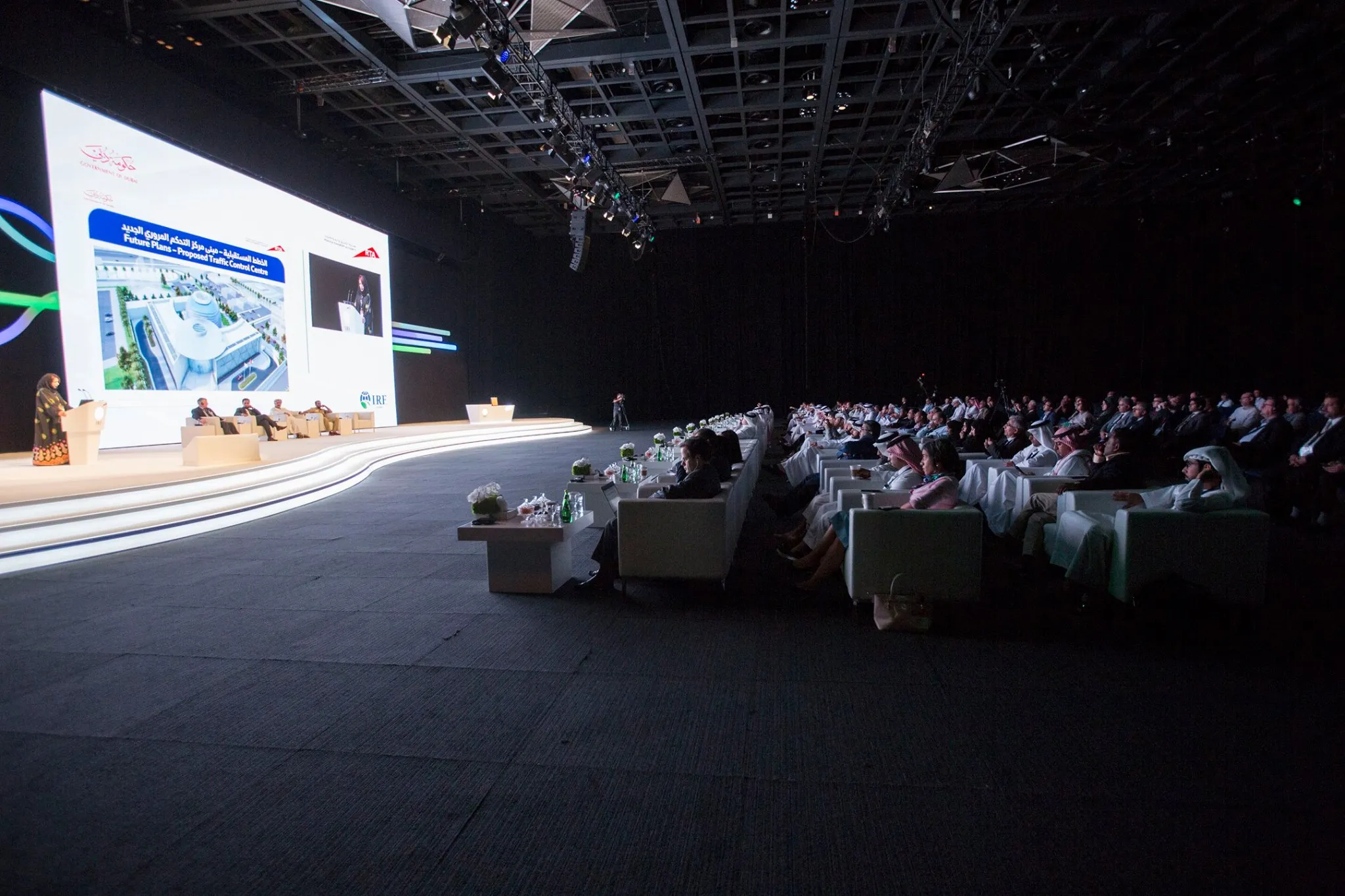Honk Kong has topped an updated Arthur D. Little Urban Mobility Index assessing world cities’ mobility maturity and performance.
The 84-city Index, contained in a new version of the ‘Future of Urban Mobility’ study produced by Arthur D. Little management consultants and the International Association of Public Transport (UITP), ranks Stockholm and Amsterdam second and third respectively, with Copenhagen and Vienna rounding off the top five.
The Index reveals that most cities are still badly equipped to cop
December 17, 2013
Read time: 2 mins
Honk Kong has topped an updated Arthur D. Little Urban Mobility Index assessing world cities’ mobility maturity and performance.
The 84-city Index, contained in a new version of the ‘Future of Urban Mobility’ study produced by Arthur D. Little management consultants and the6102 International Association of Public Transport (UITP), ranks Stockholm and Amsterdam second and third respectively, with Copenhagen and Vienna rounding off the top five.
The Index reveals that most cities are still badly equipped to cope with the mobility challenges ahead indicating there is still significant potential for improvement.
The new Future of Urban Mobility study identifies three strategic directions for cities, as well as 25 imperatives to consider in shaping their future. By 2050, claims the study, 60% of the world’s population will be living in urban areas, meaning greater innovation will be needed in the future to address the increasing demand for urban journeys, requiring a system-level approach.
“The development of urban mobility systems that are able to respond to this enormous increase in demand - as well as changing mobility needs - is one of the greatest challenges facing cities today,” said UITP Secretary General, Alain Flausch. “This study highlights that whilst there are great efforts being made to boost the attractiveness, capacity and efficiency of urban mobility systems, we need more system-level innovation.”
“Urban mobility is one of the toughest challenges facing mobility eco-system actors,” said François-Joseph Van Audenhove, partner at Arthur D. Little. “There are plenty of solutions and business models available, but very few have yet managed to smartly integrate them to unleash their full business potential.”
With its 3,400 members from 92 countries, UTIP is the international network for public transport authorities and operators, policy decision-makers, scientific institutes and the public transport supply and service industry.
The 84-city Index, contained in a new version of the ‘Future of Urban Mobility’ study produced by Arthur D. Little management consultants and the
The Index reveals that most cities are still badly equipped to cope with the mobility challenges ahead indicating there is still significant potential for improvement.
The new Future of Urban Mobility study identifies three strategic directions for cities, as well as 25 imperatives to consider in shaping their future. By 2050, claims the study, 60% of the world’s population will be living in urban areas, meaning greater innovation will be needed in the future to address the increasing demand for urban journeys, requiring a system-level approach.
“The development of urban mobility systems that are able to respond to this enormous increase in demand - as well as changing mobility needs - is one of the greatest challenges facing cities today,” said UITP Secretary General, Alain Flausch. “This study highlights that whilst there are great efforts being made to boost the attractiveness, capacity and efficiency of urban mobility systems, we need more system-level innovation.”
“Urban mobility is one of the toughest challenges facing mobility eco-system actors,” said François-Joseph Van Audenhove, partner at Arthur D. Little. “There are plenty of solutions and business models available, but very few have yet managed to smartly integrate them to unleash their full business potential.”
With its 3,400 members from 92 countries, UTIP is the international network for public transport authorities and operators, policy decision-makers, scientific institutes and the public transport supply and service industry.







